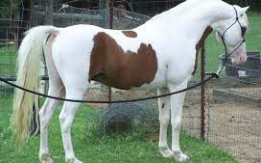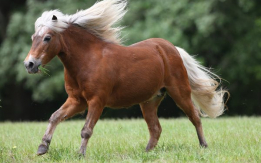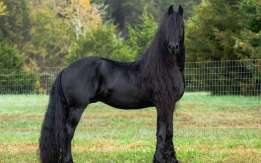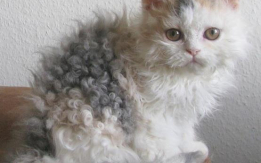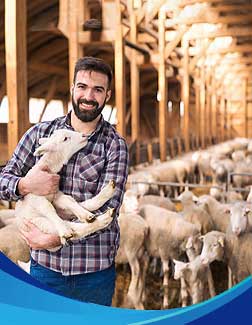
| Content |
|---|
So Much Fun. We Have 5 Ready for Love!(Hairless Cat Breeds / Donskoy Cat)Hello, fellow animal enthusiasts! Ever thought about having a Donskoy kitten as a pet? These little [...] |
You'll Fall in Love at First Glance!(American Ponies / American Shetland Pony)Dreaming of a pint-sized equine partner? Look no further than the American Shetland Pony! These char[...] |
An American Shetland Prize Pony!(American Ponies / American Shetland Pony)Ready to add a touch of magic to your life? Meet the American Shetland Pony – a pint-sized bundle of[...] |
Own this Hanoverian Stallion Beauty!(European Warmbloods Horses / Hanoverian Stallion Horse)Elevate your riding experience with the elegance of a Hanoverian Stallion by your side. Our magnific[...] |
Perfect Parrots make Wonderful Friends(Extra Large Parrots / Macaws)Have the majesty of nature with Macaws by your side. These captivating birds are a true testament to[...] |
Loving these Selkirk Rex Longhair Cats(Long Hair Cat Breeds / Selkirk Rex Longhair Cat)Looking for a furry bundle of joy to brighten up your home? Look no further! Our charming Selkirk Re[...] |
Choose Your Cute Chantilly-Tiffany(Long Hair Cat Breeds / Chantilly-Tiffany Cat)Our Chantilly-Tiffany cats are a blend of grace and charm, with their mesmerizing coat and friendly [...] |
Lovable Abyssinian Cats - So Cute!(Short Hair Cat Breeds / Abyssinian Cat)You're going to love our Abyssinian cats! They have striking ticked coats and curious personalities,[...] |
Colorful Brazil-nut Poison Dart Frogs(Other Poison Dart Frog Varieties / Brazil-nut Poison Dart Frog)Transform your terrarium into a tropical paradise with Brazil-Nut Poison Dart Frogs. These enchantin[...] |




